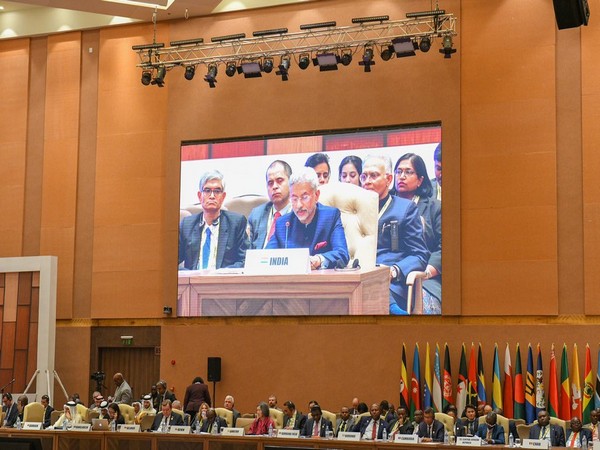Indian Foreign Minister S. Jaishankar addressed the Non-Aligned Movement (NAM) countries, urging them to unite against forces that weaken their economic security. Speaking at the 19th NAM Summit in Kampala, Uganda, Jaishankar stated that the voice of NAM would not only be heard here but would also have a global impact.
With an increase in capabilities and growing self-confidence, Jaishankar emphasized the need for courage in asserting rights and demands. He highlighted the changing capacities and self-belief, urging nations to be bold in sharing, cooperating, and strengthening each other, as this would bring about positive changes globally.
While addressing NAM member nations, he invited them to send a message that NAM’s voice is here to stay and grow. Jaishankar shed light on various challenges faced by countries associated with the non-aligned movement, including climate change, the impact of the COVID pandemic, global conflicts, and economic challenges such as debt, inflation, and development hurdles.
Foreign Minister Jaishankar referred to India as a friend to the world, stating that although the zero-sum game of colonialism had been discarded, new forms of inequality and dominance were being confronted. In the age of globalization, there is a need to be cautious about economic powers that view other nations merely as markets or resources.
Jaishankar took to social media platform Twitter to share insights from his address at the summit, highlighting the ongoing struggles in Gaza and discussing India’s role as a global friend and participant in vaccine diplomacy.
He underlined the importance of creating regional economic hubs and resilient supply chains. Jaishankar named India as the world’s friend, citing 600 projects in 78 countries, illustrating the country’s commitment to vaccine diplomacy and first responder activities.
Jaishankar stressed the urgency of finding a permanent solution to humanitarian crises, emphasizing the rejection of terrorism and the creation of hostages. The Foreign Minister’s address echoed the significance of regional economic centers and flexible supply chains, aiming at achieving self-reliance and economic independence for NAM member countries.














